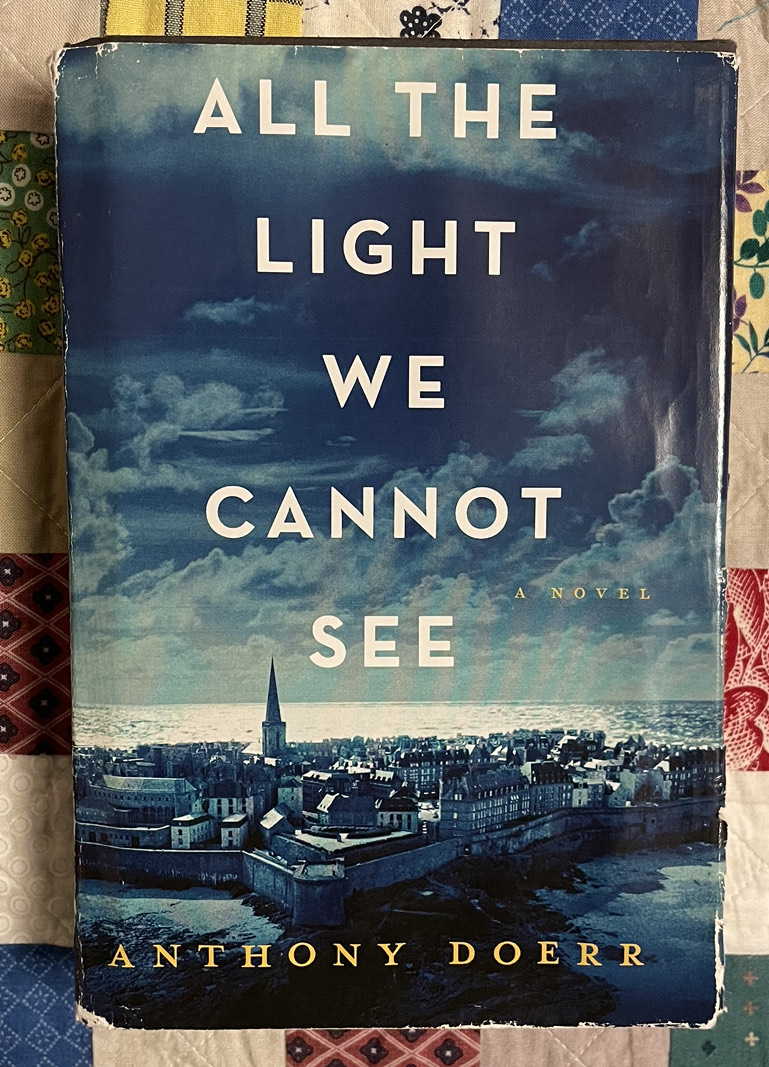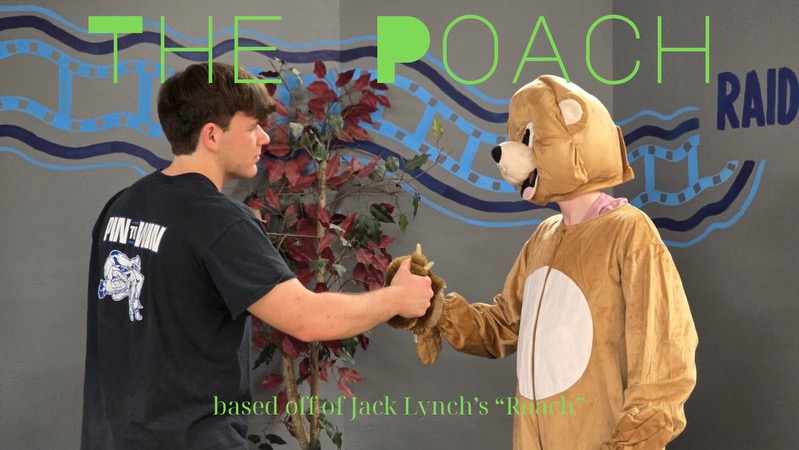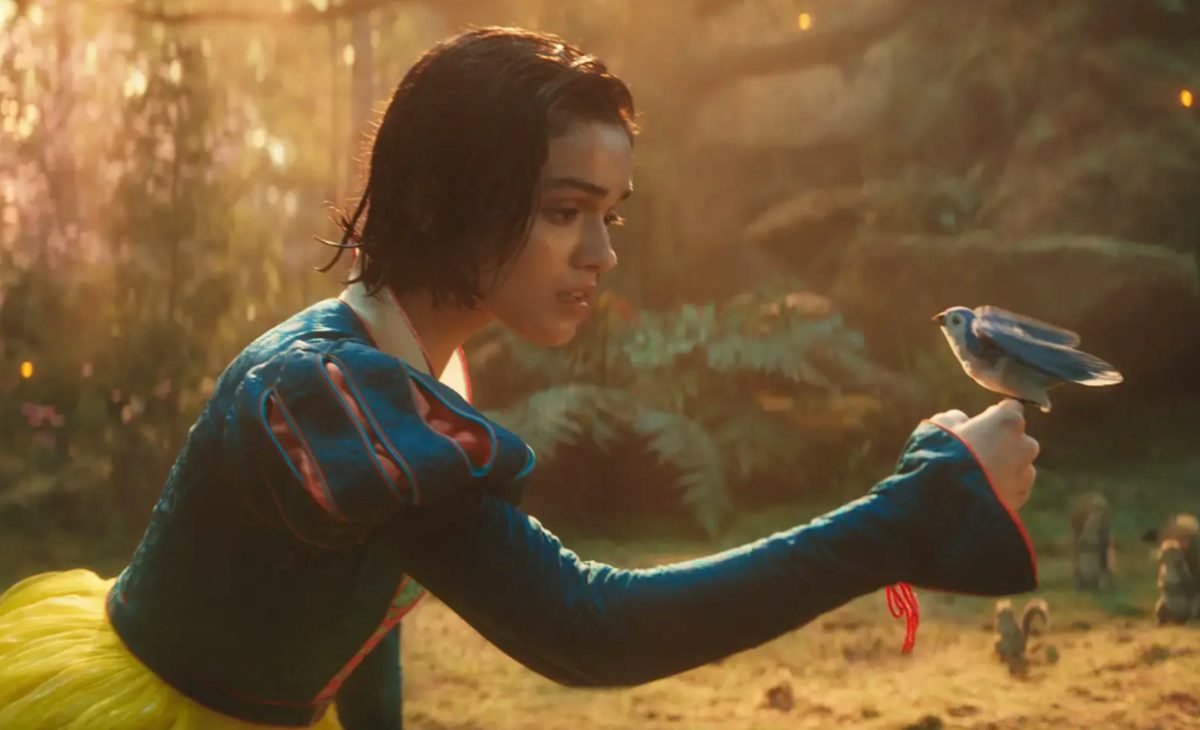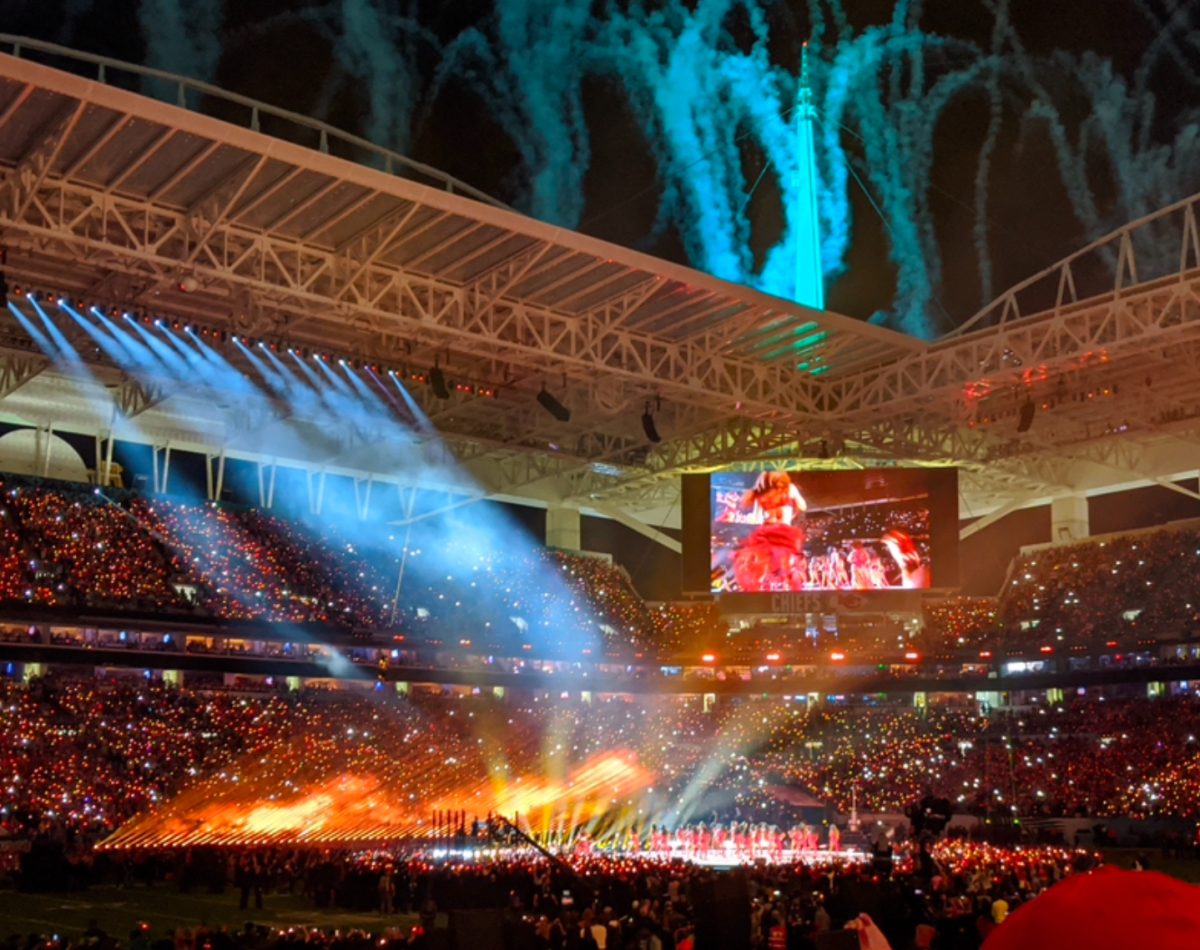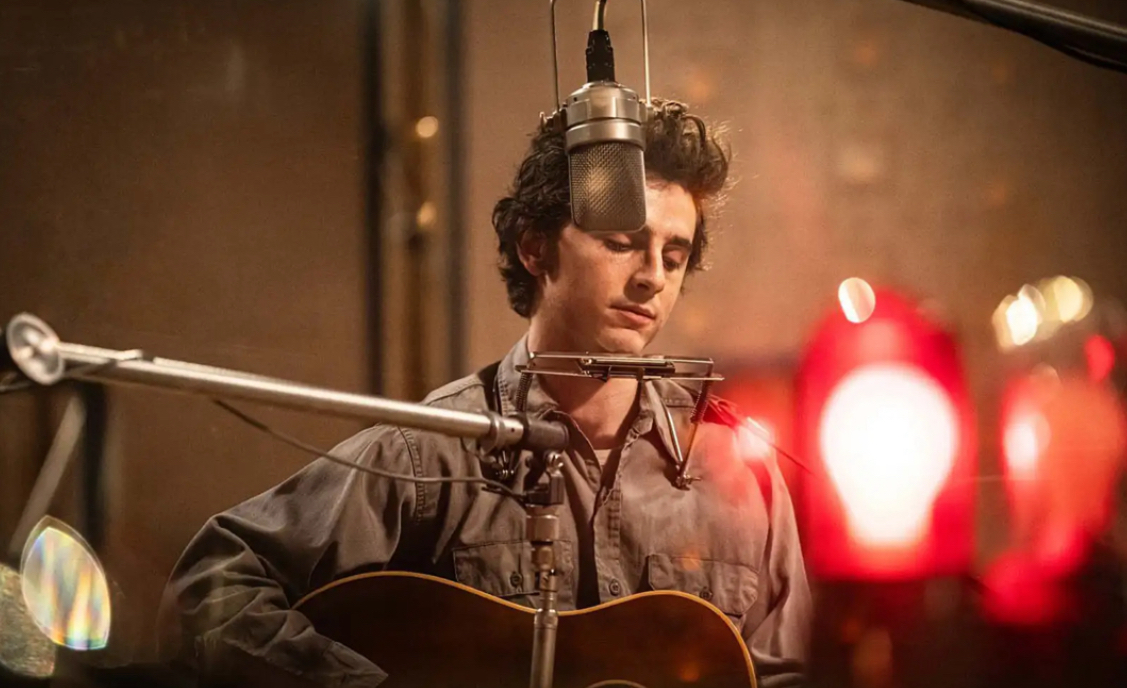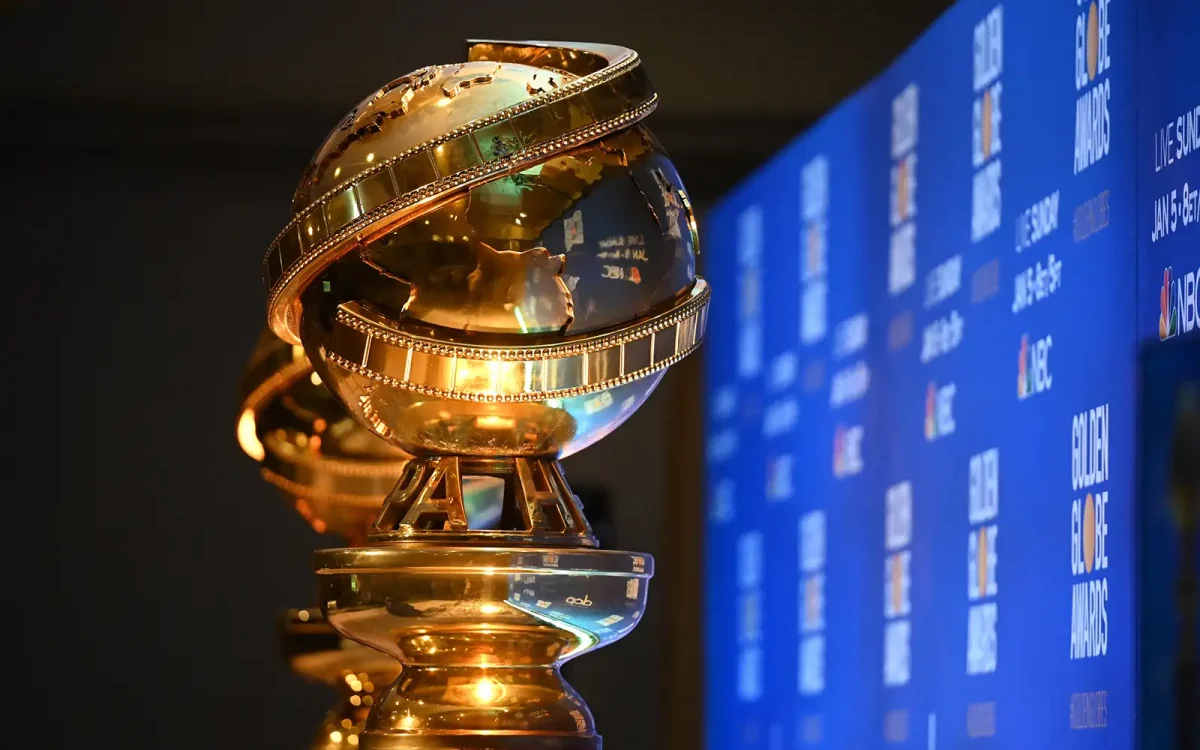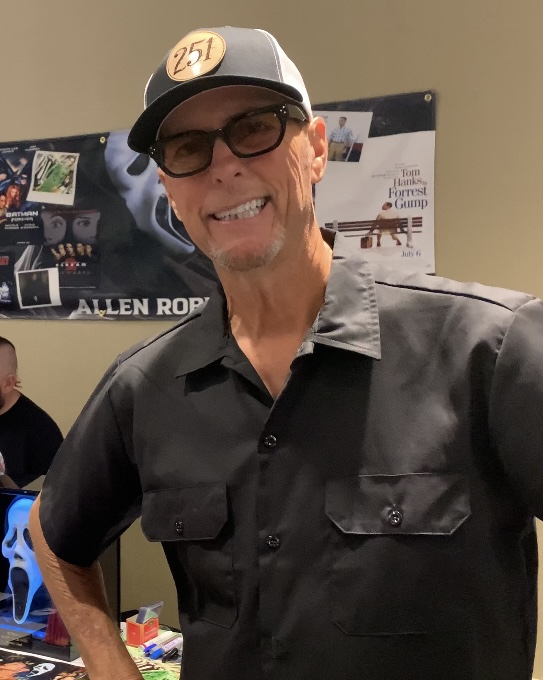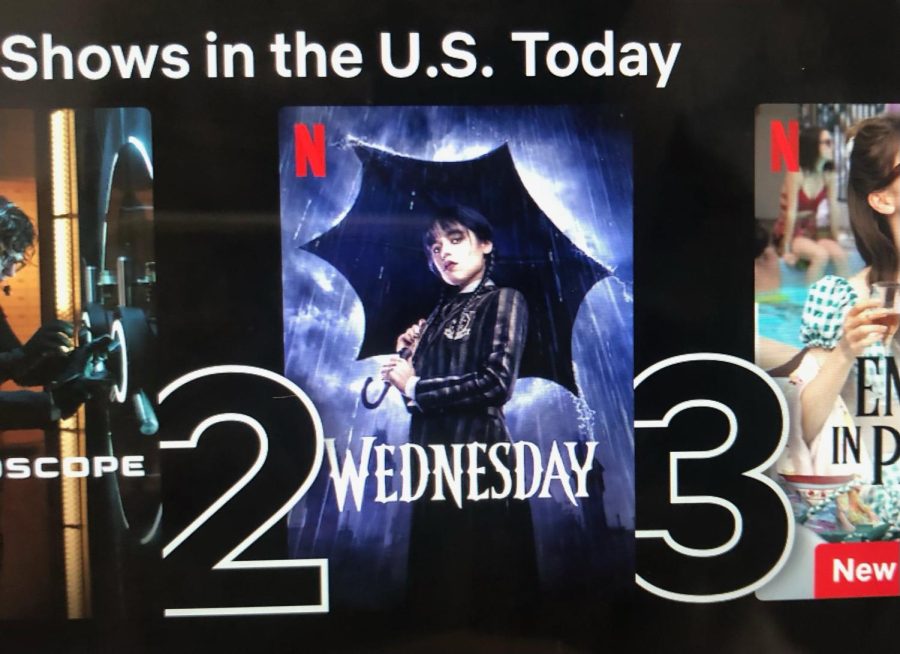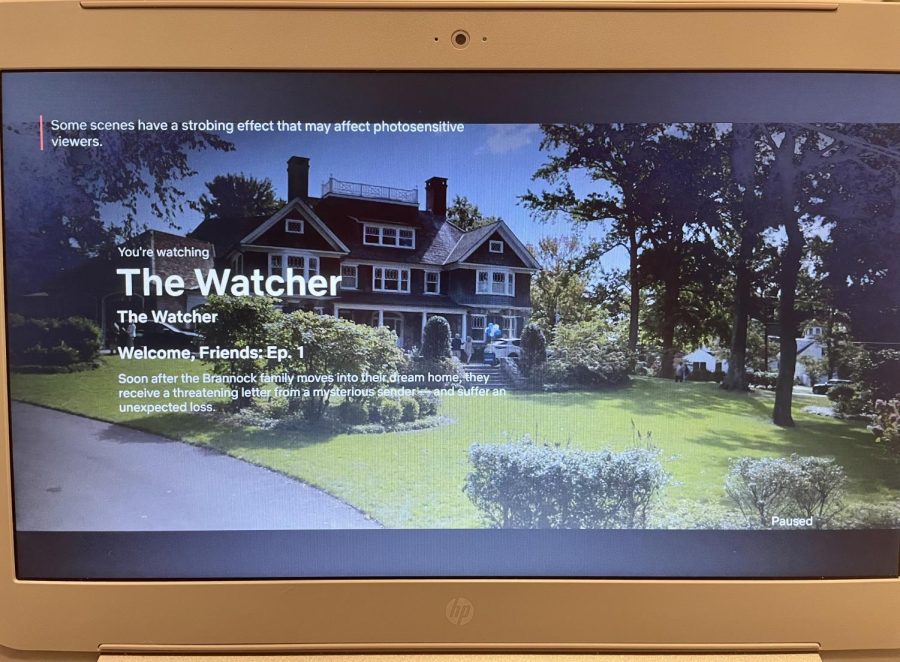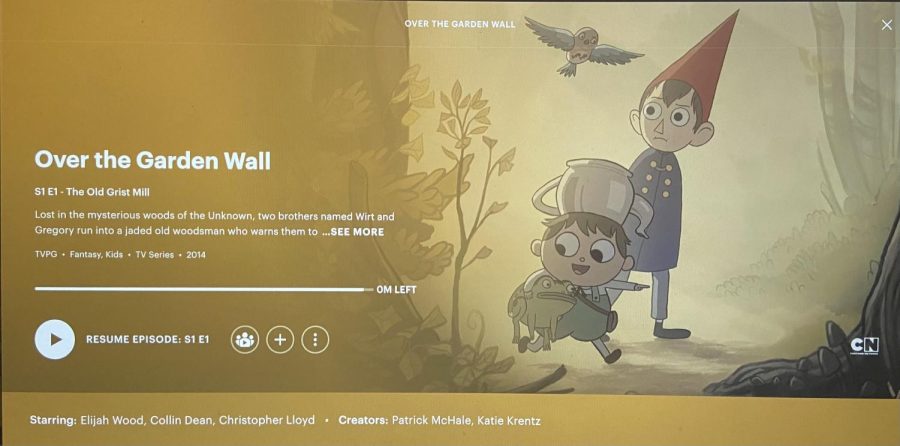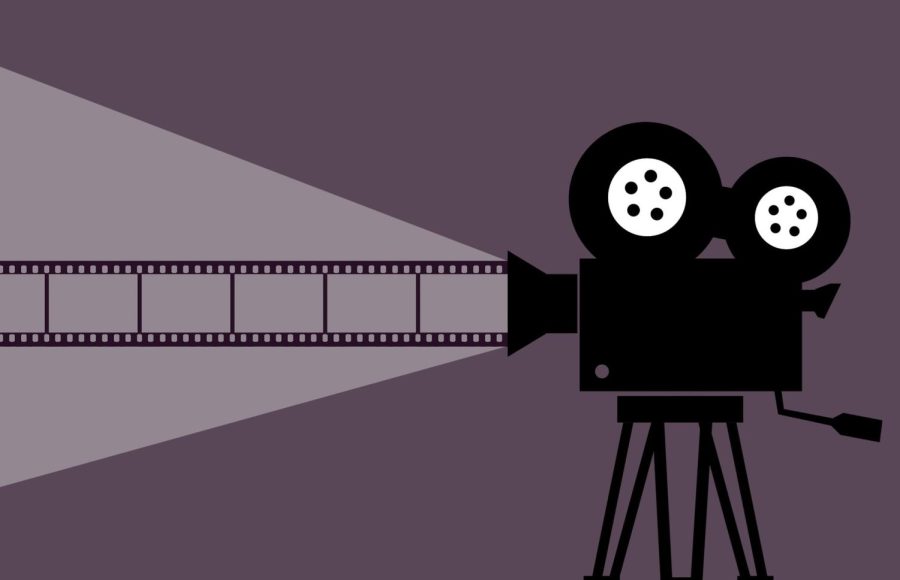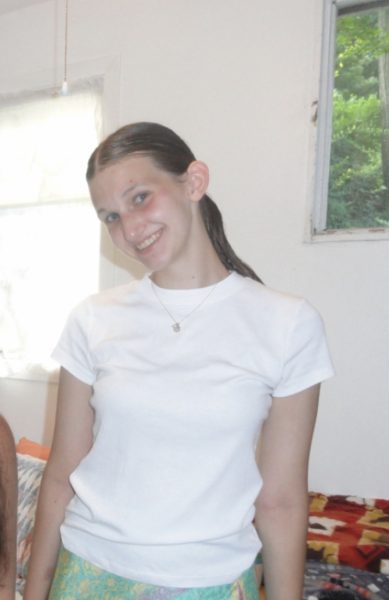On Nov. 2, Netflix released the mini-series “All the Light We Cannot See”, which consists of four episodes, varying from 51 to 62 minutes in length.
“All the Light We Cannot See” is a war novel written by Anthony Doerr, and published in 2014. Netflix recently released a television adaption of the book, which focuses on the story of a blind French girl named Marie-Laure LeBlanc and a young German orphan-turned-soldier named Werner Pfennig.
Leblanc is played by Aria Mia Loberti, who is legally blind. Loberti was born with a severe form of a rare genetic eye condition called achromatopsia. Loberti had no prior acting experience before auditioning for the series, but she still sent in her self-tape to the producers of the series. She beat out thousands of others on the global search for a leading actress for the production.
Netflix made major changes to the story, including the addition of new characters including Schmidt (Felix Kammerer), who is brought to work with Pfenning and later nearly kills him, the changing of characters’ relationships, as Madame Manec (Marion Bailey) and Etienne Leblanc (Hugh Laurie) are now brother and sister rather than just having a professional relationship as housekeeper and employer, and the fact that Werner does not die at the end of the television series as he does at the end of the novel.
Another notable difference in the series is what time period of the novel focuses on. In the book, the story worked chronologically, spending a major portion of time on Leblanc and Pfenning’s childhoods, not letting them meet until after nearly 300 pages. In the show, there are merely some flashbacks, with the majority of the story taking place after Leblanc’s father has disappeared after they fled from Paris to Saint-Malo and after Leblanc and Pfenning have met.
Leblanc’s father is played by Mark Ruffalo, who is well known for his role as Bruce Banner/Hulk in the Marvel Cinematic Universe, or even his role as Matt Flamhaff in “13 Going on 30”. Ruffalo, who is American, attempts to put on an accent for the role, but it is lackluster and takes away from the importance of the character. Additionally, Ruffalo appears to fall into an internet phenomenon called “iPhone face”. The phenomenon is often used by social media users to describe and analyze an actor in a period or historical movie whose features and face appear too “modern” or as if they have seen an iPhone. Ruffalo looks strikingly 21st century, and with his failing accent, presents a relatively uninspiring performance.
Upon analyzing the series, it makes one thing clear: while adhering to key aspects and the plot of the book was done poorly, the show stands well on its own, separate from its original writing.
“All the Light We Cannot See” is currently available for streaming on Netflix.


